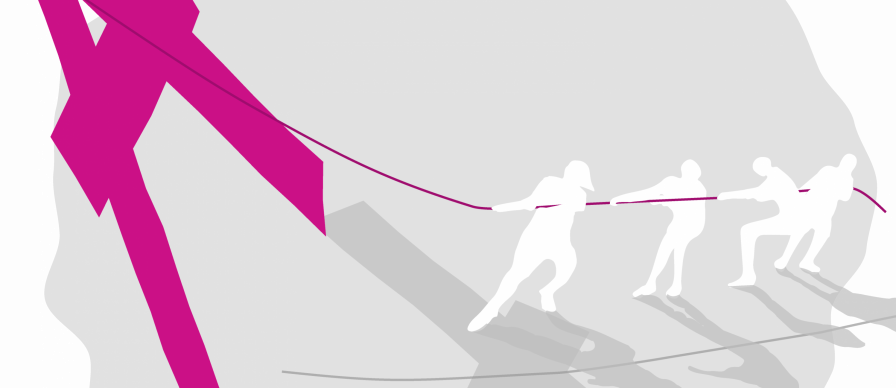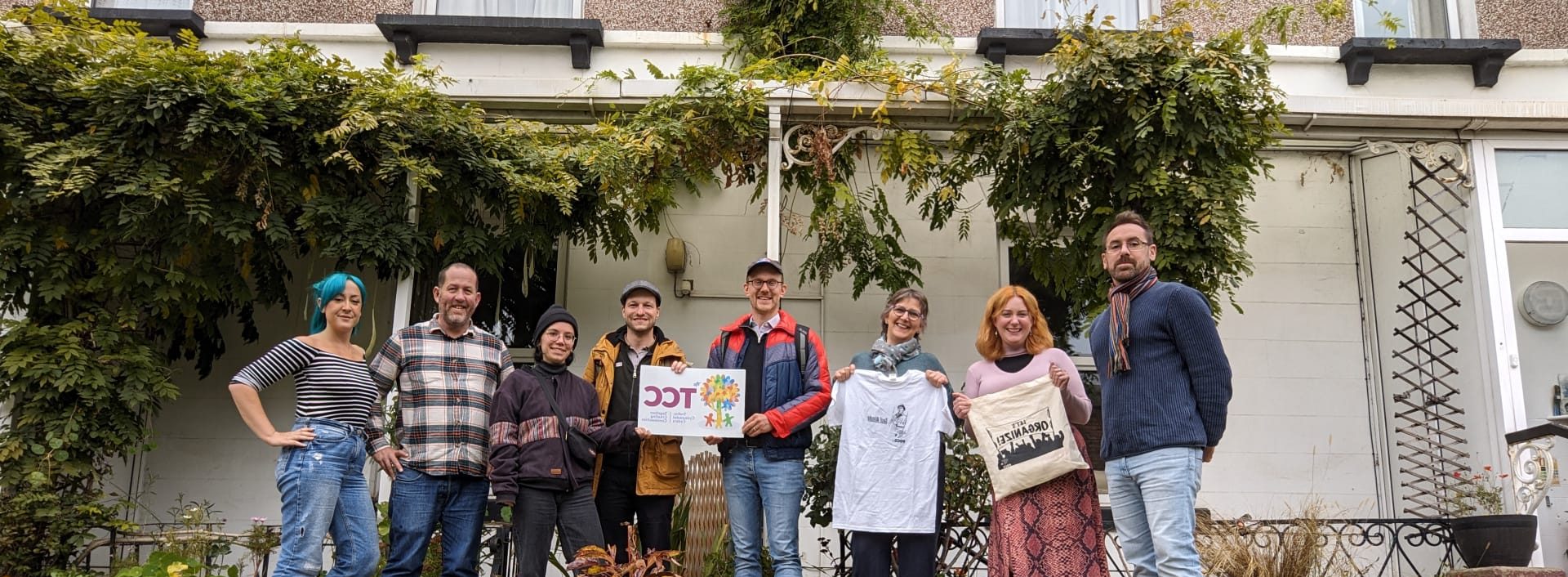As part of this work, we developed a ‘Learning Lab’ promoting exchange and learning and developing the relationships between those involved with the practice of community organising – see our interactive map, for the full list of organisations we work with.
The Learning Lab focused on three areas:
- Strengthening networks and relationships – providing the foundation for learning and collective action
- Building an evidence base of what works in community organising as a way of leveraging better resourcing for the field.
- Developing best practice guidance on how grassroots groups are collaborating on issues of collective concern.
To do this we had over 30 one-to-one conversations, hosted 4 online Networking meetings, and held webinars on topics such as “Organising and Young People” Organising Across Roma and Migrant Communities” “Digital Organising” “Funding Organising” to name a few.
We also visited 5 European countries and hosted 5 organisations in the UK to learn from each other and build an evidence base of what works.
Budapest and Pecs, Hungary (October 2022)
In Hungary we carried out a workshop for Organisers from the Civil College Foundation (CKA).
We also met with those involved in various campaigns listening to their narratives on how these campaigns are addressing the cost-of-living crisis. We heard how Ahang used digital organising to get a progressive-thinking mayor elected for the first time and we also heard from the Civil College Organiser Bendaguz Tikas about the campaign they are doing around the lakes in Pecs.
Cologne, Germany (November 2022)
In Cologne, Germany we met with 2 professors who lecture in community organising and we attended the Aachen Catholic University to carry out training for the students. We visited Baesweiler-Setterich (a smaller town about 30 minutes by bus from Aachen) so that the students could take a tour of the neighbourhood and see the accomplishments of 10 years of community organising work.
We also met with the local organiser to explore in detail the organising work they are doing.
Gothenburg, Sweden (December 2022)
In Gothenburg Sweden, we visited DigiDemLab, an organisation who are engaged in political education and active citizenship, and we carried out a workshop about community organising and heard from colleagues from Digidem Lab, Swedish Church, tenants Organisation, Save the children, People’s Houses and Parks.
They have since gone onto develop a vocational training programme in community organising.
Banska Bystrica, Slovakia (February 2023)
In February we attended the ECON AGM in Banska Bystrica Slovakia with our colleague and trustee Eve Barret. The theme of the event was organising in crisis, and we explored the work we are doing across Europe.
Thessaloniki, Greece (April 2023)
In April, we visited Thessaloniki in Greece where we were hosted by Urania Rapti, a psychologist, academic and community practitioner.
She told us about the organising work she is doing in Dendropotamos, a Roma community in Western Thessaloniki where we visited an orphanage set up for boys by Father Athenagoras who runs the Lighthouse of the World, an NGO started in 2004.
The goal of the Lighthouse of the World is the educational and social integration of the young Roma of Dendropotamos. They focus on educating children to acquire knowledge, develop skills and specialise in things that each one of them is interested or naturally talented in with the long-term goal being to give them a better future.
We also visited a social enterprise set up from some of the past residents of the orphanage, which is a coffee shop and restaurant and we met with Georgia who was the first female from this community to go to university. She now works in education in central government influencing policies around Roma children, particularly girls, to find ways of encouraging them to continue in education.
Learning Exchanges in the UK
The visits to the UK were a way of showcasing the work we do and the work of the Social Action Hubs across our network and for our Social Action Hubs to learn from our European Partners.
In June Angelika Fröhling and Sami Atris visited us from DICO in Germany at our headquarters in Warminster before travelling on to visit various Social Action Hubs including Nicola Dean from Startingpoint in Stockport, Tom Scott from Acorn in Newcastle and Sacha Bedding at the Wharton Trust. This gave them the opportunity to find out more about us, our Social Action Hub network and the ways in which we fund and sustain our community organising activities in the UK.
In September we hosted LSA Bewoners from The Netherlands who currently use an ABCD approach in their work, which has helped them to reach out, listen and connect with the community. However, it hasn’t taken them to the next level, which is where community organising will be fundamental to their future work. We ran a session looking at our Community Organising Framework and how Power is at the heart of it, exploring how to build collective power, community leadership and begin conversations around power and accountability.
We also hosted Civil College Foundation (CKA) from Hungary, who spoke to us about their campaigning work and the political climate they are working in. They visited one of our Social Action Hubs, High Trees Community Development Trust as well as Marsh Farm in Luton to learn more around neighbourhood approaches to community organising.
The Common Thing Foundation from Poland visited us in October to find out more about issue-based organising in particular building large campaigns and a network of people. They met with North Birkenhead Development Trust and Grapevine in Coventry where they both shared the work they have been doing when organising around issues.
Our last visit was from the Federation Of Community Organising from Germany who learnt more about community organising in the context of young people, homelessness and migrants. They visited POMOC in Liverpool, Acorn in Manchester and TCC in Wales where they learnt about organising and young people.
One of the interesting learnings from this project, which led to a webinar around “Comparing Approaches to Community Organising” has been not one size fits all when it comes to organising, with each organisation we have visited or who have visited us taking a slightly different approach.
Next Steps
These visits have not only built up a network of organisations who have been able to share learning, they have also built up an evidence base of “what works”. This can be used as a way of leveraging better resourcing for the community development field by demonstrating the value of investing in the process and the outcomes of organising.
This network has also paved the way for us to work together on issues of collective concern.
The next stage of this work will be the publishing of the learning report followed by a joint webinar with IFS to look at how we can all continue to work together creating ongoing learning and development opportunities and attracting further investment in the community development field.



